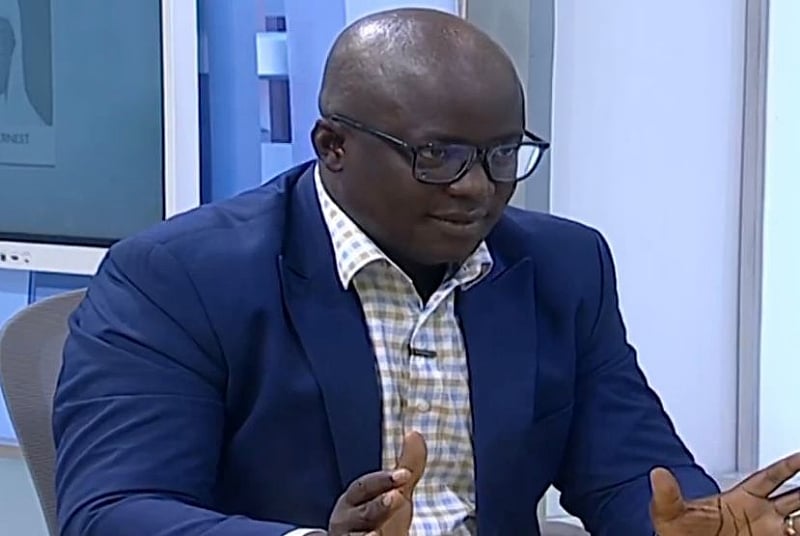The recent public outcry against Sammy Gyamfi, Acting Chief Executive Officer of the Ghana Gold Board, underscores a growing demand for accountability and ethical conduct from public officials in Ghana. Gyamfi’s act of gifting dollar notes to a controversial figure, Nana Agradaa, from his luxury vehicle sparked widespread condemnation and calls for his suspension. This incident, captured in a viral video, transcended political divides, with both the Minority Caucus and anti-corruption activists voicing their disapproval. Dr. Joshua Jebuntie Zaato, a Senior Lecturer at the University of Ghana’s Department of Political Science, interprets this public reaction as a significant shift in the expectations Ghanaians hold for their leaders. He argues that the public’s intolerance for unethical behavior signals a desire for more responsible and ethical governance.
The incident involving Gyamfi highlights a broader concern regarding the use of public office for personal gain or displays of questionable judgment. Dr. Zaato suggests that Ghanaians are increasingly rejecting the notion of officials leveraging their positions for personal benefit or engaging in actions that undermine public trust. The widespread criticism, he argues, is a positive indicator of a more engaged citizenry demanding transparency and adherence to ethical norms. This collective disapproval serves as a potential deterrent against future misconduct by public figures. The incident encapsulates a growing frustration with officials who seem to prioritize personal interests over the welfare of the public.
The public’s demand for Gyamfi’s suspension or removal from office underscores the seriousness with which they view this ethical breach. This pressure on the President to act decisively presents a test of his commitment to enforcing the recently launched code of conduct for public officials. Dr. Zaato, however, expresses skepticism about the President’s willingness to take strong action against Gyamfi, potentially setting a precedent for how seriously such ethical transgressions will be addressed in the future. The incident has become a litmus test for the President’s commitment to the principles of good governance and accountability outlined in his own code of conduct.
The public’s response to Gyamfi’s actions signifies a growing demand for a more ethically conscious government. This increasing expectation for ethical behavior extends beyond individual incidents and reflects a deeper desire for systemic change. Ghanaians, according to Dr. Zaato, are yearning for improved governance characterized by transparency, accountability, and a clear separation between personal interests and public duty. The widespread condemnation of Gyamfi’s actions suggests a growing public intolerance for the misuse of public office and reinforces the importance of ethical leadership in building public trust.
The Gyamfi incident serves as a microcosm of larger challenges facing Ghana’s governance landscape. The public outcry, regardless of the President’s ultimate decision regarding Gyamfi, represents a significant step towards holding public officials accountable. It underscores the power of public opinion in shaping the behavior of those in positions of authority and pushing for greater transparency and ethical standards. The incident’s ripple effect could significantly impact future conduct of public officials, fostering a culture of accountability and responsible governance.
The public discourse surrounding Gyamfi’s actions has ignited a broader conversation about the standards of conduct expected from public officials. It serves as a reminder of the crucial role of public scrutiny in maintaining ethical governance and reinforces the importance of citizens holding their leaders accountable. The incident highlights the need for a robust framework for enforcing ethical standards and ensuring consequences for misconduct, thereby promoting a more transparent and accountable government that truly serves the interests of the people. The outcome of this incident and the President’s response will set a critical precedent for how similar situations are handled in the future, shaping the evolving landscape of public accountability in Ghana.


